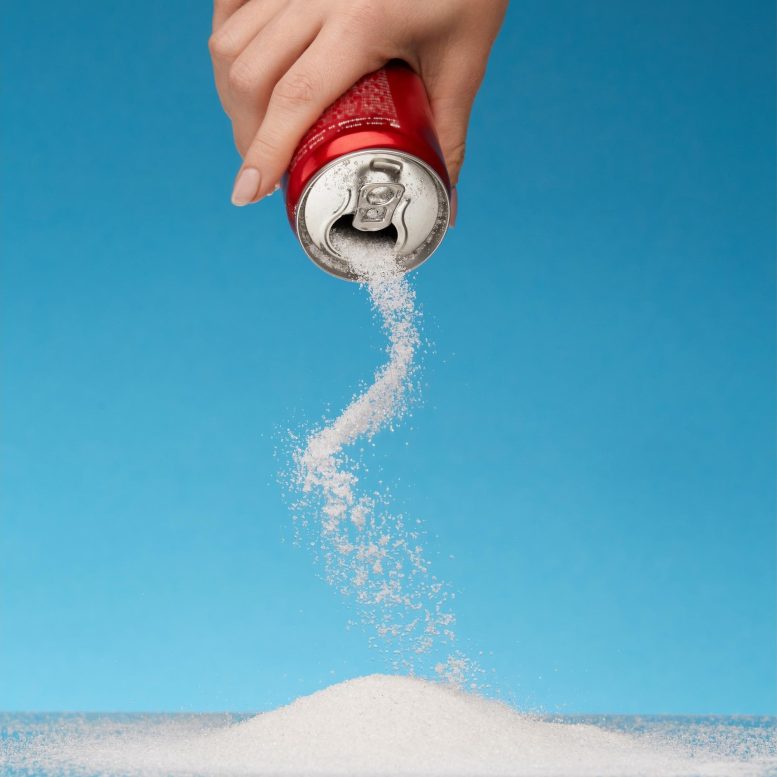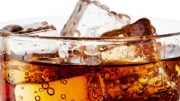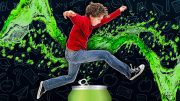
In comparison to women who never drank these beverages or who drank fewer than three servings per month, those who consumed one or more sugar-sweetened beverages daily had a 78% higher risk of developing liver cancer, and those who drank at least one soft drink daily had a 73% higher risk.
Avoiding sugary drinks, according to a major study of postmenopausal women, may help reduce the risk of getting liver cancer
According to a study of more than 90,000 postmenopausal women, those who regularly drank at least one sugar-sweetened beverage had a 78% increased chance of getting liver cancer than those who drank less than three servings of these drinks each month.
“Our findings suggest sugar-sweetened beverage consumption is a potential modifiable risk factor for liver cancer,” said Longgang Zhao, a doctoral candidate at the University of South Carolina, the study’s lead author. “If our findings are confirmed, reducing sugar-sweetened beverage consumption might serve as a public health strategy to reduce liver cancer burden. Replacing sugar-sweetened beverages with water, and non-sugar-sweetened coffee or tea could significantly lower liver cancer risk.”
Zhao presented the research results at NUTRITION 2022 LIVE ONLINE, the American Society for Nutrition’s flagship annual conference held June 14–16. Zhao co-authored the research with Xuehong Zhang, an associate epidemiologist at Brigham and Women’s Hospital and an assistant professor at Harvard Medical School and the Harvard T. H. Chan School of Public Health.
In the United States, liver cancer incidence has significantly increased during the last three decades. Although the majority of patients have risk factors such as chronic hepatitis infections, alcohol use, and diabetes, around 40% of liver cancer cases cannot be explained by established risk factors. The goal of the study was to determine if certain dietary elements could be involved.
Regular intake of beverages with added sugar, such as fruit drinks and soda, has been related to a number of health issues. Although the use of sugar-sweetened beverages has decreased over the years, it is still widespread; in the U.S., over two-thirds of White adults reported consuming at least some of these beverages on any given day in 2017–2018.
Data from 90,504 postmenopausal women who took part in the Women’s Health Initiative, a long-term study that was started in the early 1990s, were evaluated for the current study. In the middle of the 1990s, participants filled out baseline questionnaires, and they were followed for a median of 18 years. Researchers used validated food frequency questionnaires to measure sugar-sweetened beverage consumption and medical records to confirm liver cancer diagnoses.
About 7% of participants reported consuming one or more 12-ounce servings of sugar-sweetened beverages per day and a total of 205 women developed liver cancer. Women consuming one or more sugar-sweetened beverages daily were 78% more likely to develop liver cancer and those consuming at least one soft drink per day were 73% more likely to develop liver cancer compared with those who never consumed these beverages or consumed less than three servings per month.
Although more studies would be needed to determine the factors and mechanisms behind the linkage, researchers said that higher sugar-sweetened beverage consumption might increase the risk of obesity and type 2 diabetes, which are in turn risk factors for liver cancer. These beverages also can contribute to insulin resistance and to the buildup of fat in the liver, both of which influence liver health.
“Intake of sugar-sweetened beverages, a postulated risk factor for obesity, diabetes, and cardiovascular disease, may drive insulin resistance and inflammation which are strongly implicated in liver carcinogenesis,” Zhao said.
Researchers cautioned that the study is observational and was not designed to determine whether sugar-sweetened beverages actually cause liver cancer or if consumption of sugar-sweetened beverages is an indicator of other lifestyle factors that lead to liver cancer. In addition, since the study focused on postmenopausal women, studies involving men and younger women are needed to examine the associations more comprehensively.
Meeting: NUTRITION 2022 LIVE ONLINE









and it makes you fat, sugary drinks would probably have been on prescription if it were invented today.
First, about all of so-called “evidence-based” medical science is incomplete and fatally flawed, due to its failure to factor-in long-term chronic subclinical non-IgE-mediated food allergies (e.g. Dr. Arthur F. Coca, early 1930s) and FDA approved food poisoning (e.g. soy, since the late 1960s, and added ‘cultured’ MSG, since 1980, minimally). Next, are we discussing sugar and/or High Fructose Corn Syrup? Finally, for now, are any of the postmenopausal women on hormone therapy, which can help to protect them against possible fructose related hyperuricemia? Certainly, more complete, objective and diligent research is called for.
Please would eating bread and garlic with honey spread on the bread give liver cancer?
Thanks